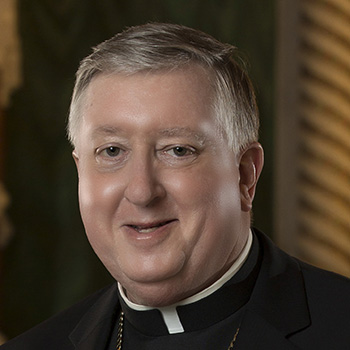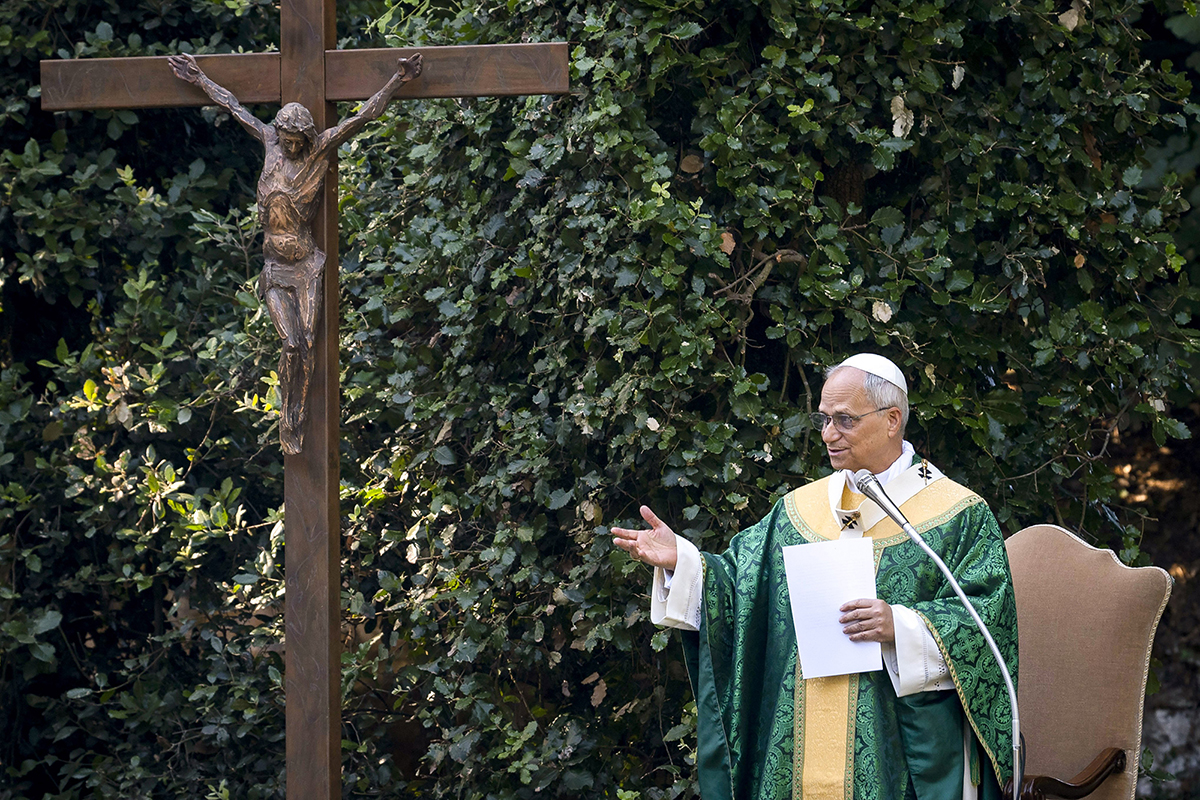SERVE THE LORD WITH GLADNESS | Like Abraham, we have faith in God even when we can’t see the outcomes
Abraham, who was well established when God called him, can be an example for us in All Things New

Dear brothers and sisters in Christ,
Seventy-five. Ninety-nine. One hundred.
No, I’m not developing a new form of counting. I’m marking key points in the life of Abraham.
At the age of 75, Abram was called by God to set off for a new land. And, as Scripture notes: “Abram was very rich in livestock, silver and gold.” In other words, he was living comfortably at the time and could have gone on that way!
At 99, Abram was given two things: 1) a new name, Abraham, meaning “the father of many nations,” and 2) circumcision, as a sign of the covenant with God.
At 100, Abraham’s son Isaac was born.
Make what you want of biblical chronologies, this much is clear: Abraham was well established in life when he was asked to make some major changes. Thankfully for us, he didn’t consider himself too old to set off on a new adventure.
I think there’s wisdom in that for us as we implement parish changes. Some parishes are merging. Some, like Abram, might be taking on a new name. Some are remaining as they were, but need to find a new sense of vitality. Whatever our situation, all of us can look to Abraham and find inspiration for what it means to set off on a new adventure of faith when we thought we were already well-established.
Here’s another important point: Abraham couldn’t possibly have known, on a human level, how the promises God made to him would be fulfilled. God promised that he would have descendants as numerous as the stars of the sky; when he died he had exactly one child (Isaac), who inherited this promise. God promised that his descendants would have a land of their own; when he died he owned exactly one burial cave in the Promised Land. God promised that his descendants would be a great nation; the Davidic kingship wouldn’t come until 800 years later. Point by point, Abraham didn’t see the promises fulfilled in his own lifetime, and he could scarcely have guessed how they would come about. But, in the “not seeing” and “not knowing,” he trusted that God could and would bring about the fulfillment in His own time and in His own way. As Scripture says: “Abraham put his faith in the Lord, who credited it to him as an act of righteousness.”
I think that’s a good lesson for us as we embark on a new evangelization. We can’t tell what the new evangelization will bring. But we do know that the Holy Spirit is calling for it. The question is: Will we put our faith in the Lord, even when we can’t see the outcomes?
Think of it this way: A flower doesn’t look like a seed. But we can plant the seed, water it and patiently wait for it to grow. That’s what we’re asked to do these days: plant the seed and count on God to give the growth.
We celebrate the feast day of Sts. Peter and Paul this week (June 29). Like Abraham, they were well-established in life when they were called to embark on a new adventure of faith. Like Abraham, they couldn’t have foreseen all that this new adventure would involve. Thankfully, for us, they trusted the Lord who called them. Great things happened for us because of their faith. Let’s pay that forward.





